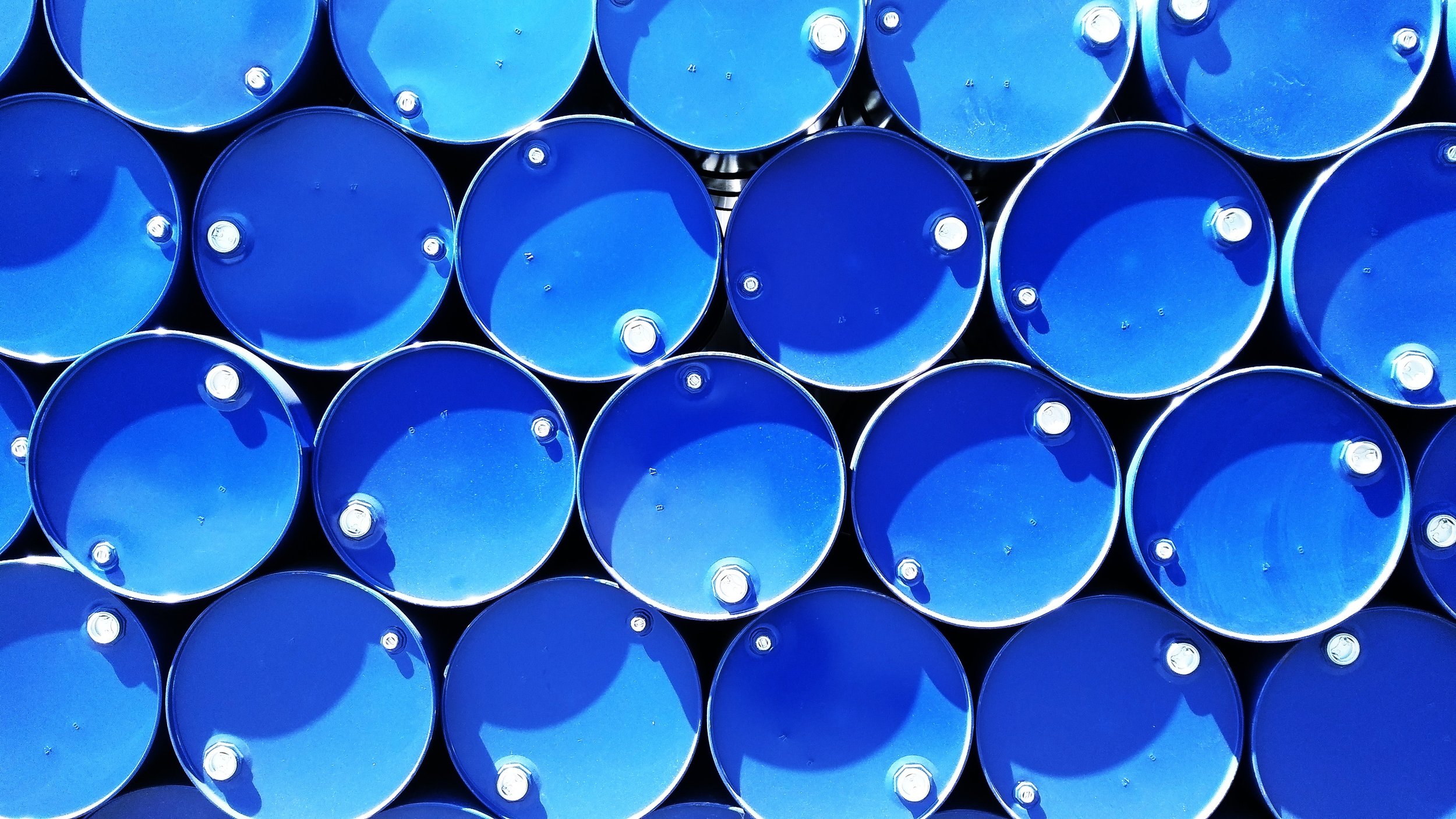’Dark' Ships Deceive Locations to Move Billions in Oil Globally
🛢 ’Dark' Ships Deceive Locations to Move Billions in Oil Globally.
A growing number of ships are manipulating their reported locations for illicit activities, potentially involving goods worth billions of dollars. These "dark vessels" engage in actions such as shipping Russian oil to evade the G7's $60 per barrel price cap, hiding tankers in Venezuelan waters, and smuggling grain from Ukraine. Satellite technology capable of detecting false location reports is revealing this deceptive behavior. Data from maritime tech firm Windward indicates a 12% rise in location manipulation among oil tankers and cargo ships in the first half of 2023 compared to the same period last year, with an 82% increase from the first half of 2021. As technology advances, it becomes easier to detect such tampering, and efforts to make ship locations public are shedding light on these activities. The European Union's recent sanctions now bar vessels that have turned off or spoofed their automatic identification systems (AIS) from entering ports.
Argentina is gearing up to connect its Vaca Muerta shale play with the Punta Colorada port through a new pipeline, enabling supertankers to load crude oil.
Wildfires in northern Alberta are causing some oil sands operations to take precautions.
Oil prices fluctuated within a tight range on Friday, as investors weighed mixed signals from the world's top oil consumers, China and the U.S. Brent crude slipped 13 cents to $83.75 per barrel, while West Texas Intermediate (WTI) fell 4 cents to $79.22.
Former President Trump is collaborating with the oil industry to overturn President Biden's fossil fuel regulations if he wins in 2024.
in a recent development, BlackRock, the world's largest asset manager, is challenging Texas' move to pull out about $8.5 billion from the Texas Permanent School Fund (PSF), alleging it's a boycott against energy companies.
The world's top oil forecasters, OPEC and the International Energy Agency (IEA), are at odds over future oil demand, creating uncertainty for traders and investors.
Russia is aiming to increase its share of the liquefied natural gas (LNG) market to 20% by 2030, but its plans face challenges due to sanctions and a shortage of ice-class LNG tankers.
BP has decided to halt all shipments through the Red Sea due to recent attacks on trade vessels by Houthi rebels in Yemen.
The OPEC oil cartel has expressed concerns in leaked letters about the potential for a "fossil fuels phase out" being discussed at Cop28, the UN climate summit.
OPEC+ oil producers have agreed to voluntary output cuts totaling approximately 2.2 million barrels per day (bpd) for early next year, with Saudi Arabia continuing its existing voluntary cut.
Venezuela is holding a referendum on whether to establish a new state in the disputed Essequibo territory, which has significant oil reserves and has been a source of tension with Guyana for over a century.
The OPEC+ coalition, comprising 23 oil-producing nations, has postponed a meeting to finalize output levels for 2024 by four days to November 30.
Oil prices dipped ahead of the scheduled OPEC+ meeting where discussions about potential supply cuts were expected.
Eight years after the Paris Agreement, the oil industry is thriving, with rising profits and record production levels, especially in the United States.
China Petroleum & Chemical Corporation (Sinopec) has achieved the first oil and gas flows from Asia's deepest onshore well, the Yuejin 3-3XC well in the Tarim Basin, Xinjiang Uygur autonomous region.
Oil prices rose by approximately 2% as Iraq expressed support for OPEC+'s oil production cuts ahead of an upcoming meeting.
Warren Buffett-backed Occidental Petroleum (OXY) is set to report its third-quarter earnings, with analysts expecting a more than 60% drop in quarterly profit.
Chevron and Exxon are making significant acquisitions in the oil and gas industry despite growing global momentum toward clean energy.
Chevron has agreed to purchase U.S. oil and gas producer Hess in an all-stock deal valued at $53 billion.
The Biden administration has eased sanctions on Venezuela, specifically in the oil, gas, and gold sectors, following an agreement between the government of President Nicolás Maduro and the U.S.-backed opposition to hold competitive presidential elections next year.
The Biden administration has proposed up to three oil and gas lease sales in the Gulf of Mexico but none in Alaska, aiming to strike a balance between energy production and climate concerns.
The UK has given the green light for Equinor's North Sea Rosebank oil and gas project, emphasizing energy security despite opposition from environmentalists.
Russia continues to depend on European shipping to transport its oil, even as its supplies exceed the price caps set by the Group of Seven (G-7) and its allies, according to the Centre for Research on Energy and Clean Air (CREA) based in Helsinki.
A growing number of ships are manipulating their reported locations for illicit activities, potentially involving goods worth billions of dollars.
Rising oil prices are impacting consumers, complicating the global fight against inflation, and contributing to Russia's war chest.
The diesel market is facing a crisis as output curbs from countries like Saudi Arabia and Russia limit the supply of medium and heavy crudes, crucial for diesel production.
Despite earlier predictions of an economic recession and declining oil demand, the U.S. economy has remained resilient, leading to stable demand for gasoline and jet fuel.
OPEC+ decided to maintain its current production cut strategy after Saudi Arabia extended its unilateral cutback of 1 million barrels a day into September.
Saudi Arabia has extended its unilateral oil production cut of 1 million barrels a day into September, and the country says it may extend or deepen the cuts further.






























Oil traders have cut their net long positions in Brent and WTI due to concerns over China's economy.